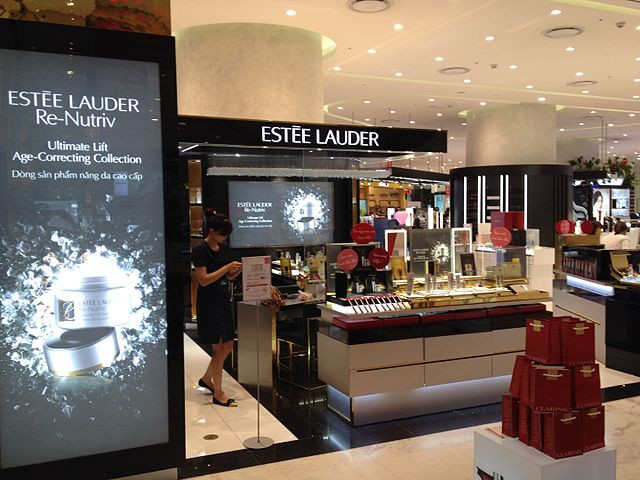An independent U.S. laboratory, Valisure, has reported finding high levels of benzene, a known carcinogen, in several popular acne treatments from leading skincare brands, including Estee Lauder's Clinique, Target's Up & Up, and Reckitt Benckiser-owned Clearasil. The New Haven, Connecticut-based lab has also filed a petition with the U.S. Food and Drug Administration (FDA), calling for the recall of the affected products, an investigation, and a revision of industry guidance.
According to Valisure, benzene could form at "unacceptably high levels" in both prescription and over-the-counter benzoyl peroxide acne treatment products. The lab's tests showed that some products could form more than 800 times the conditionally restricted FDA concentration limit for benzene. Out of the 175 acne treatments tested, 99 contained benzoyl peroxide, and 94 of those were found to have detectable levels of benzene.
The discovery of benzene in acne treatments comes after the chemical was found in other consumer products, such as sunscreens, hand sanitizers, and dry shampoo, leading to recalls by companies like Procter & Gamble and Johnson & Johnson. However, Valisure Co-Founder and President David Light noted that the presence of benzene in acne products was "substantially different" from the other cases, as it was coming from the benzoyl peroxide itself rather than contaminated ingredients.
In response to the findings, Reckitt stated that the results "reflect unrealistic scenarios rather than real-world conditions," maintaining that all Clearasil products are safe when used and stored as directed. Estee Lauder said that Clinique uses benzoyl peroxide in one product, which is "safe for use as intended." Target and Walmart did not respond to requests for comment, and the FDA has not yet responded to Valisure's petition.
The news of the benzene detection in acne treatments has raised concerns among consumers and lawmakers alike. Democratic Representative Rosa DeLauro of Connecticut described the discovery as "deeply troubling," warning that millions of consumers are unknowingly using products that increase their exposure to life-threatening carcinogens.
In addition to the brands mentioned above, Valisure's petition also named acne treatments sold by pharmacy chains Walgreens and CVS, as well as those under brand names such as PanOxyl, Neutrogena, La Roche Posay, Clean & Clear, Clear Pore, Dr. Lin, and Acne Free. The lab also tested a number of prescription treatments.
Following Valisure's announcement, Estee Lauder's shares fell by 2 percent, highlighting the potential impact of the findings on the skincare industry. As the FDA considers Valisure's petition, consumers and healthcare professionals await further guidance on the safety of benzoyl peroxide acne treatments and the steps that will be taken to address the presence of benzene in these products.
The discovery of benzene in acne treatments underscores the importance of independent quality assurance and the need for rigorous testing of consumer products. As Valisure CEO Chip Phillips stated, "the potential harm posed by benzene exposure cannot be ignored, and only underscores the critical need for independent quality assurance."






